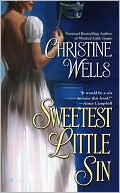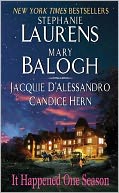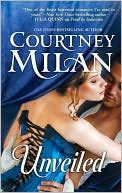Someone asked elsewhere . . .
How much physical abuse do we put the character through?
To which I respond . . .
A reader is probably less interested in the abuse per se --
than in what the abuse means to the character
and how the character reacts.
 The interior of the scullery boy plotting revenge in a I'm going to pee in her soup before I bring it to her way while he nurses his aching head and scours the pots
The interior of the scullery boy plotting revenge in a I'm going to pee in her soup before I bring it to her way while he nurses his aching head and scours the pots is actually more interesting than the cook hitting him over the head with a spoon. Boink ouch boink ouch pain suffering.
The underlying problem with hapless suffering, in a story sense, comes when it happens to someone without freedom of choice.
Abuse or pain endured is, (like a typhoon or a swarm of army ants or crippling illness or crop failure or the Empire at war,) a story problem.
 Story is character choices and character action.
Story is character choices and character action.Story is the character doing stuff.
Starving to death on the farm is story problem.
Jack climbing the bean stalk is story.
The wicked stepmother and step sisters is story problem.
Cinderella making her own dress to go to the ball is story.
Pollyanna losing her family is story problem.
Pollyanna choosing to look on the bright side is story.
It isn't about suffering. It's about agency.
If your protagonist is acting and choosing, then the sufferings spotlight the importance of his choices. It's story. Go ahead and abuse the poor protagonist. Frodo's sufferings on his trek through Mordor are story.
In Frodo's case, suffering raises the stakes. Privation and pain make the protagonist's courage or innocence or steadfastness shine. But we don't mistake the suffering for the story. We concentrate on what tells story.
 The 'story' in Oliver Twist is not about Oliver starving to death in the workhouse. It's about Oliver standing up and saying, 'Please, Sir, may I have some more?"
The 'story' in Oliver Twist is not about Oliver starving to death in the workhouse. It's about Oliver standing up and saying, 'Please, Sir, may I have some more?"This is why the protagonist's stay in the kitchen under the heavy hand of the spoon-wielding cook or the child growing up with a sexually abusive uncle will often be introductory to the story.
The reader is given enough background to emotionally understand why Cedric-the-cooksboy is desperate enough to run off in the middle of the night through war-torn Madreltonia or why Albert-the-schoolboy poisons his uncle's tea. Then Cedric and Albert get on with the business of doing something instead of being somebody's punching bag.


































